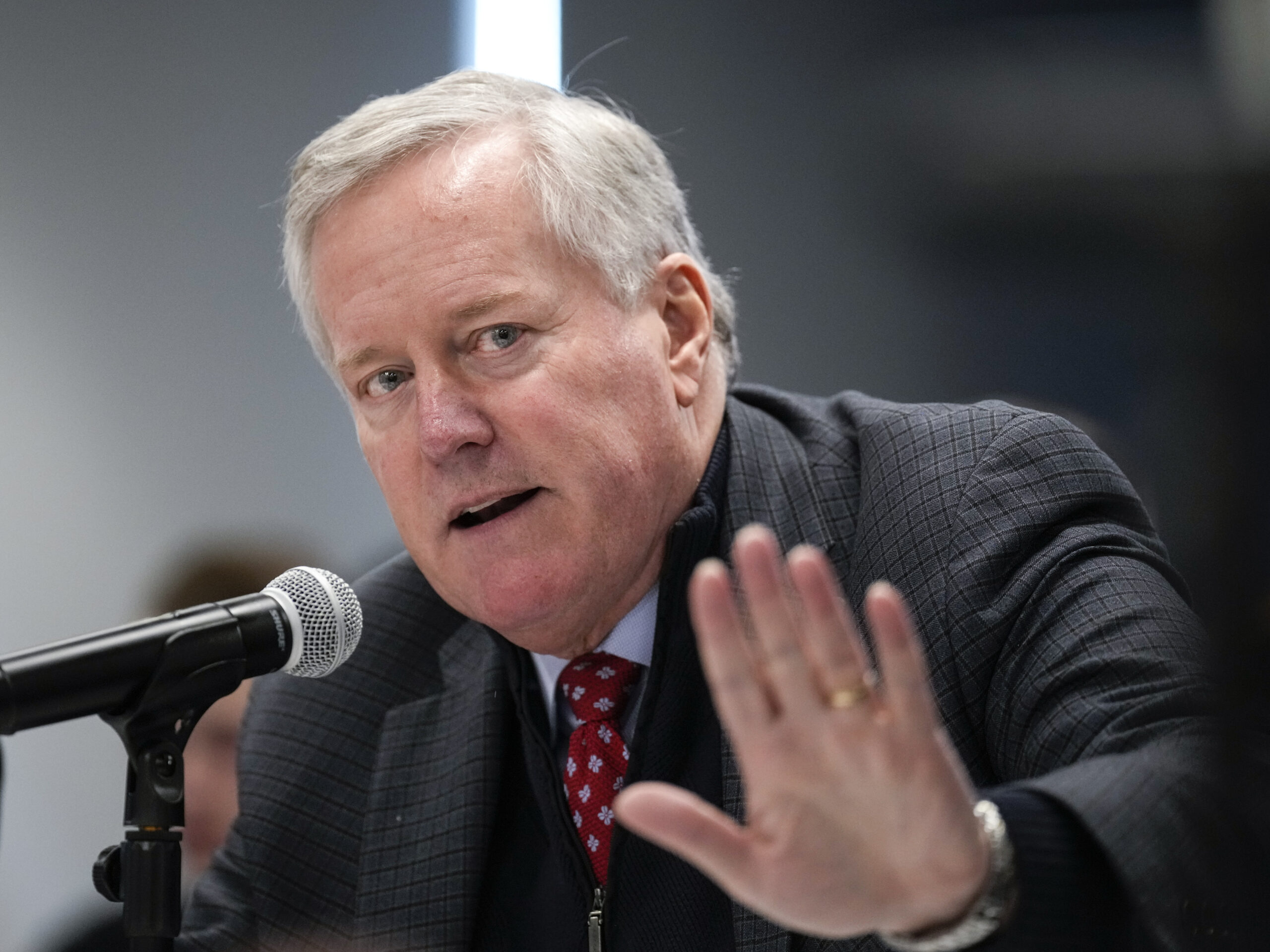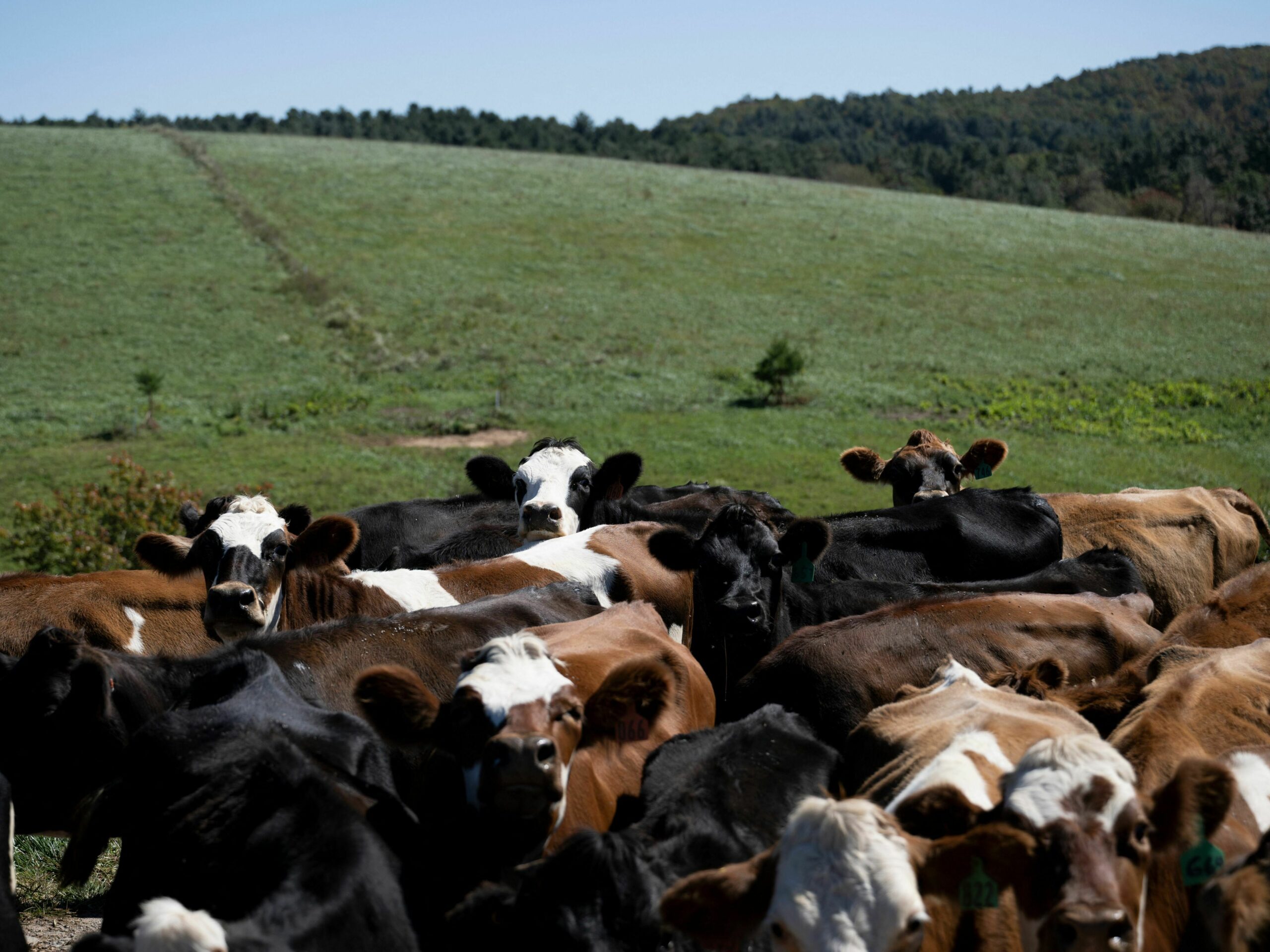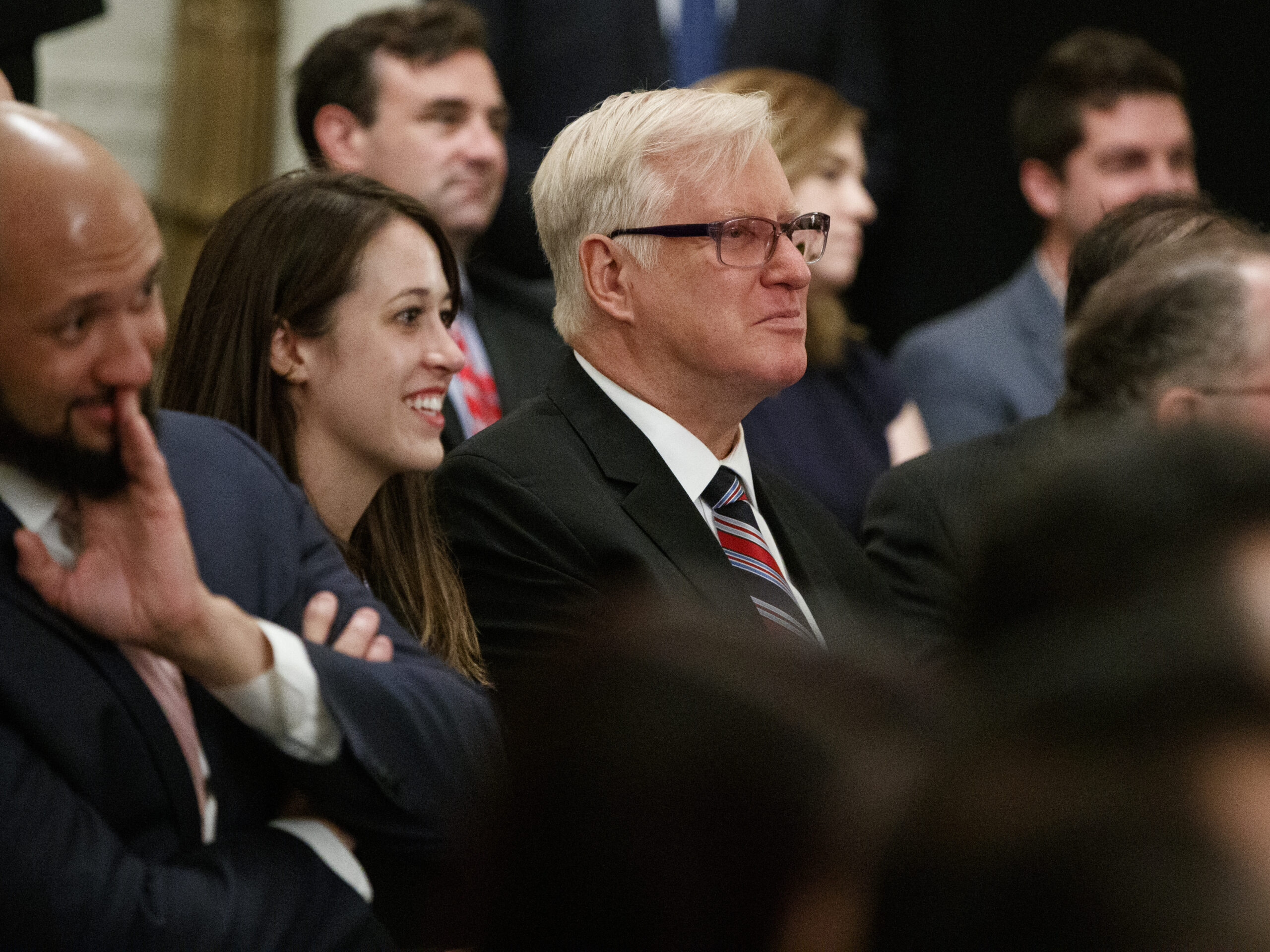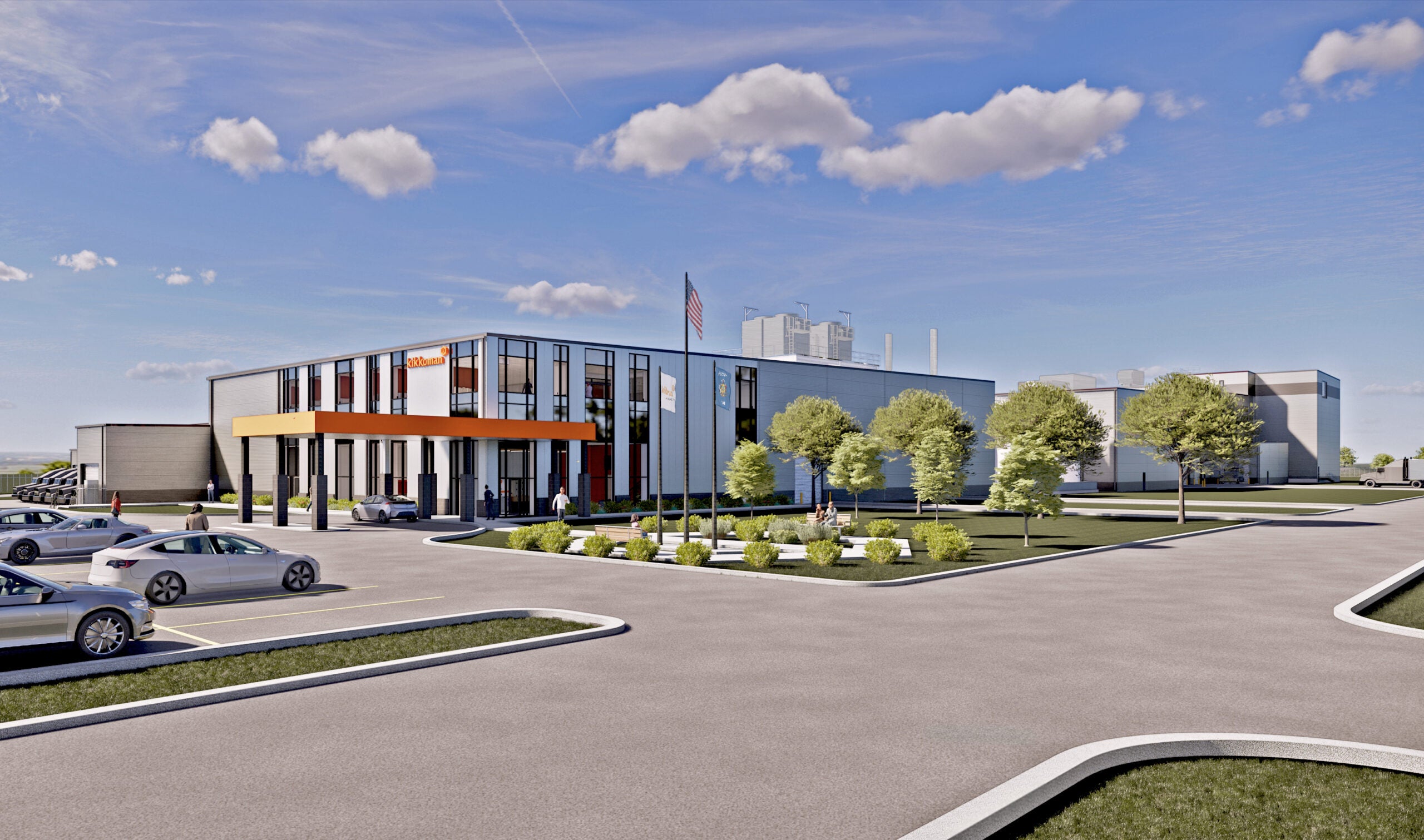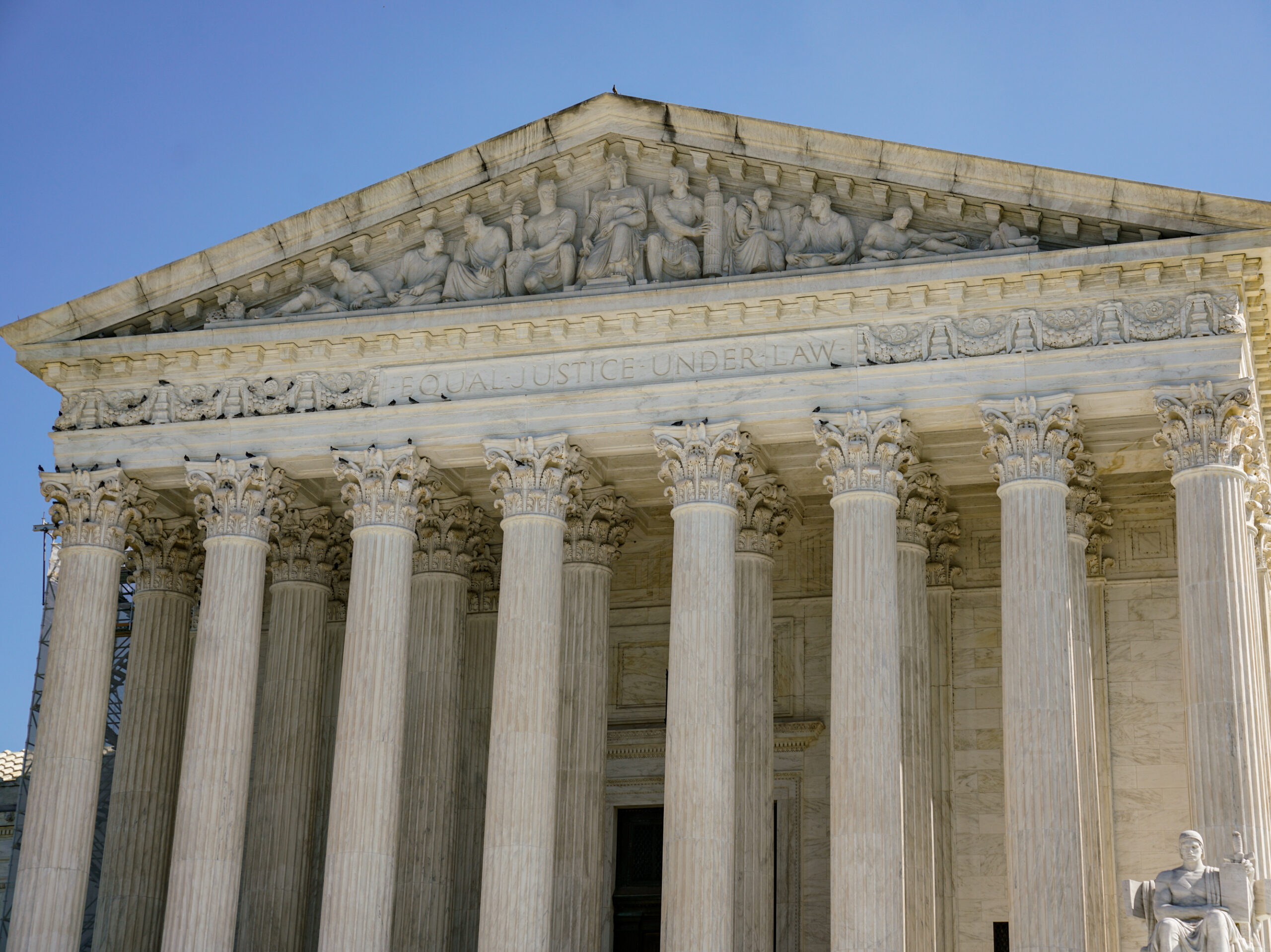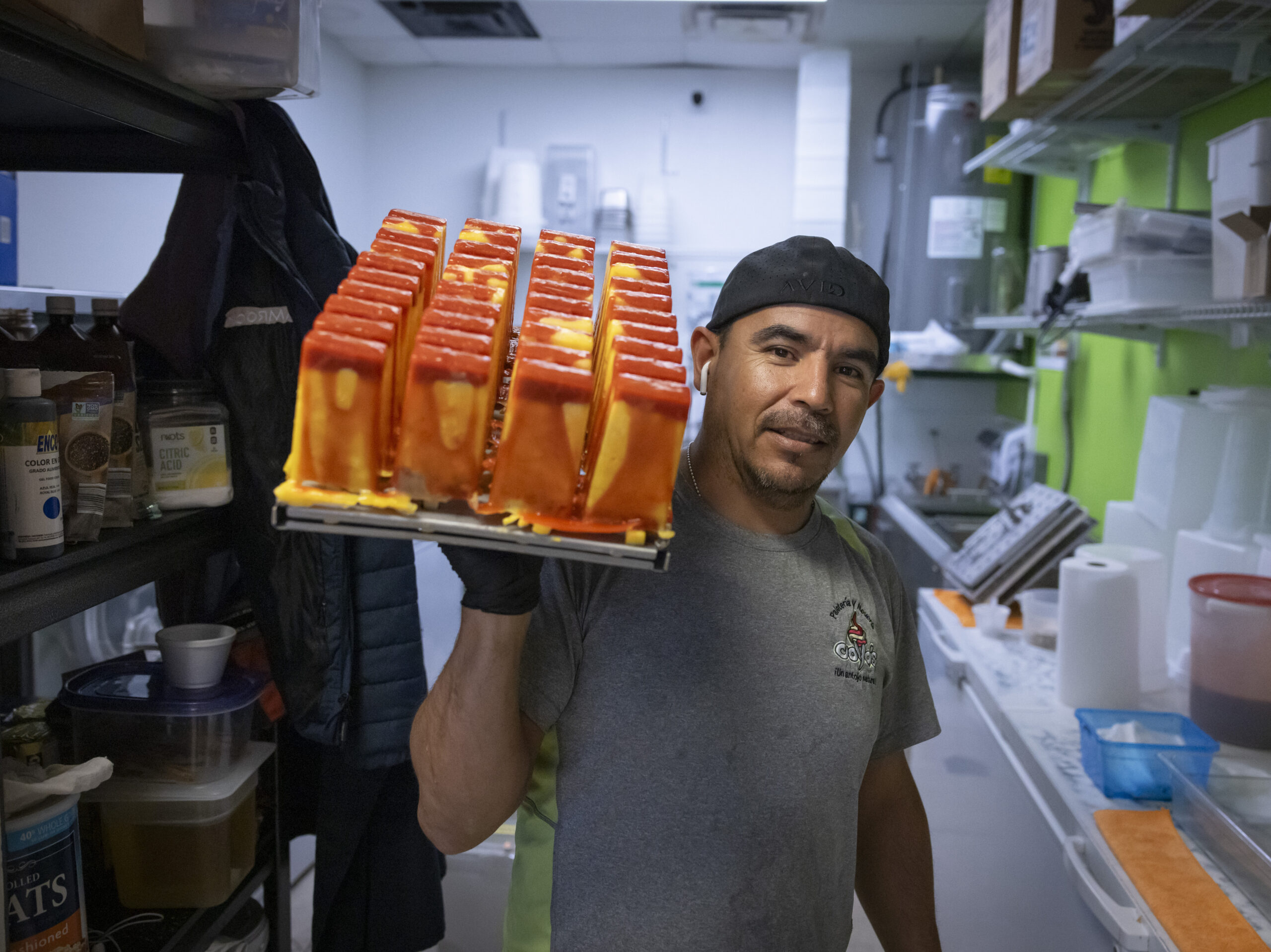Wisconsin, a state with a high number of organ donors, opposes changes that the U.S. is considering that would give all people who need a liver transplant an equal shot at getting one regardless of where they live.
The United Network of Organ Sharing is proposing to significantly broaden the geographic boundaries for allocating donor livers. Officials with UNOS predict doing this could save 100 lives each year across the U.S.
Dr. Tony D’Alessandro, who directs the liver transplant program at UW Hospital, disagrees.
Stay informed on the latest news
Sign up for WPR’s email newsletter.
“The flaw in their modeling is that they are not looking at (both) pre- and post-transplant mortality,” D’Alessandro said. “They’re only looking at post-. So if your net mortality is not any different after you implement these policies, then I think that’s not a very valid policy.”
D’Alessandro said that going from 11 transplant regions to eight or even as few as four might not save more lives, and would discourage some states from boosting efforts to increase donations.
“If you are in a donor-rich state like ours, more livers will be exported than already are being exported,” D’Alessandro said. “And we’re really concerned these other states or (organ procurement organizations) will have a decreased incentive to increase donations.”
D’Alessandro is one of 40 transplant doctors who sent a letter to the Health Resource Service Administration expressing concerns about the proposed change. The letter says wider geographic organ sharing will increase access for large urban transplant centers on the coast at the expense of other areas, rural ones in particular.
Liver allocation was discussed during a meeting in Chicago on Tuesday, but no formal proposal will be released until next spring.
D’Alessandro said about 250 people in Wisconsin are on a waiting list for a liver. Across the U.S. there are more than 12,000 patients needing a liver transplant.
Wisconsin Public Radio, © Copyright 2024, Board of Regents of the University of Wisconsin System and Wisconsin Educational Communications Board.



